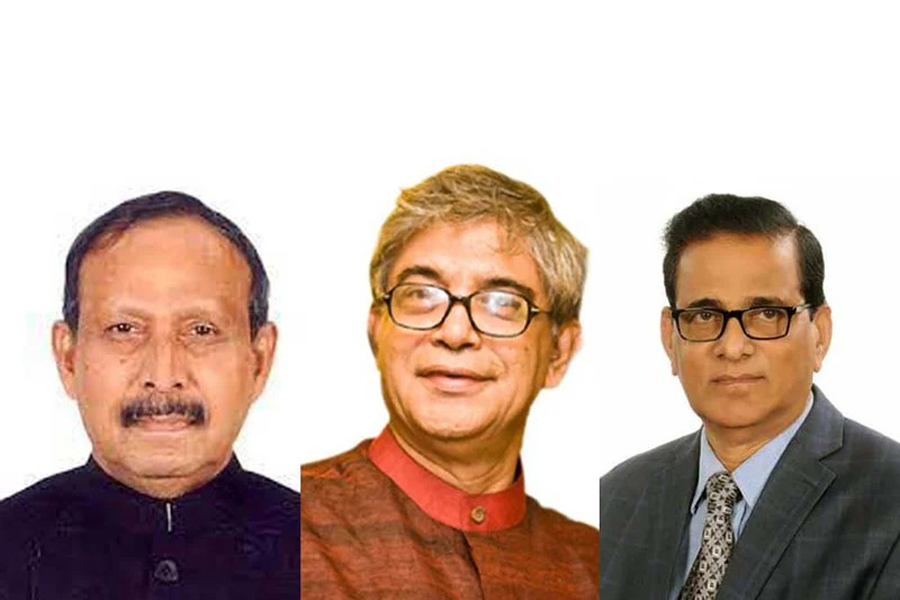Two technocrat ministers, one state minister resign ahead of election

Published :
Updated :

Two technocrat ministers and one state minister have resigned as part of a process to reconstitute the cabinet ahead of the parliamentary elections.
One of the prime minister’s advisers also submitted his resignation letter to Cabinet Secretary Md Mahbub Hossain on Sunday.
After the last shake up of the cabinet, there were 25 ministers, 19 state ministers and four deputy ministers in the Sheikh Hasina-led government.
Of them, Science and Technology Minister Yeafesh Osman, Post and Telecommunications Minister Mustafa Jabbar and State Minister for Planning Shamsul Alam were part of the cabinet as technocrats, not being MPs.
Asked if he submitted his resignation letter, Jabbar said: “Ask the Cabinet Division, they can tell you. We’re not supposed to give out news of the Cabinet Division.”
An official close to the state minister for planning confirmed that Alam tendered his resignation letter to the cabinet.
Mashiur Rahman, the prime minister’s economic affairs adviser, said the ministers and advisers who are not MPs were asked to resign.
Apart from Mashiur, the other advisers are Tawfiq-e-Elahi Chowdhury, Gowher Rizvi, Tarique Ahmed Siddique, Sajeeb Wazed Joy and Salman F Rahman. Of them, only Salman F Rahman is a member of parliament, but only Mashiur confirmed resignation.
Officials declined to comment on the issue on record, but Awami League General Secretary and Road Transport and Bridges Minister Obaidul Quader said: “It’s the election-time government now. It is the rule that the posts of tTechnocrat ministers and prime minister’s advisers do not exist after the announcement of the schedule.”
On Nov 15, the Election Commission set Jan 7 as the date for the 12th parliamentary election.
According to the rules, ministers do not get any facilities when the election schedule is announced.
Prime Minister Sheikh Hasina earlier this month revealed her plans for the upcoming election-time government, saying it will be like the one formed for the 2018 polls.
In 2018, technocrat ministers resigned before the election schedule was announced. Their resignation letters were accepted a month later, just a day before the beginning of the campaign.
In 2014, an “all-party” election-time government was formed. The government, led by Hasina, had let go of the ministers and state ministers and appointed six new officials.
The 29-strong cabinet then contained two representatives from the opposition party while the BNP refused to join and boycotted the polls.


 For all latest news, follow The Financial Express Google News channel.
For all latest news, follow The Financial Express Google News channel.